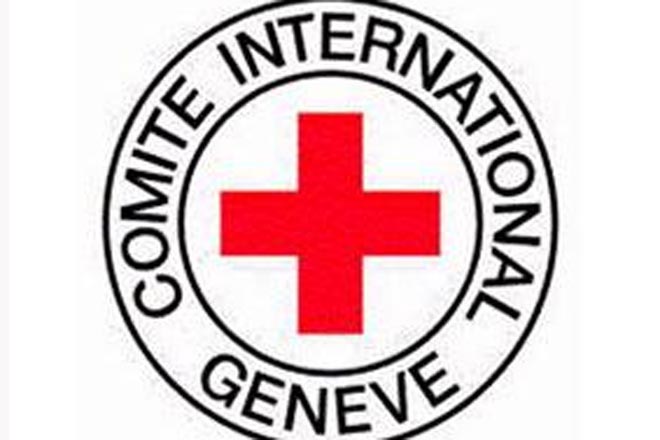Azerbaijan, Baku, July 30 / Trend J. Babayeva /
The first stage of national program on centralized collection and control of detailed information about people missing due to Nagorno-Karabakh conflict completed in Azerbaijan.
Roughly 20 specially trained voluntaries of Azerbaijani Red Crescent Society spoke with families of missing people and filled in 1,151 questionnaires to collect detailed information. Information about appearance of missing people and circumstances of their missing were indicated in questionnaires, the International Committee of the Red Cross said on July 30.
The first stage of national program completed. But 290 missing people have not been found up to now. The International Committee of the Red Cross calls on these families to contact with the committee or nearest office of Azerbaijani Red Crescent Society to complete collection of information successfully.
Detailed information about missing people will be given to the Azerbaijani State Commission on Prisoners of War, Hostages and Missing People.
The conflict between the two South Caucasus countries began in 1988 when Armenia made territorial claims against Azerbaijan. Azerbaijan lost all of Nagorno-Karabakh except for Shusha and Khojali in December 1991. In 1992-93, Armenian armed forces occupied Shusha, Khojali and 7 districts surrounding Nagorno-Karabakh. Azerbaijan and Armenia signed a ceasefire in 1994. The co-chairs of the OSCE Minsk Group - Russia, France, and the U.S. - are currently holding the peace negotiations.
The number of Azerbaijan population missing and taken hostage was 4,499, including military - 3,615, civilians - 876 (8 remain unknown). Among the civilians three are 52 children (18 - young girls), older persons - 381 (174 - older women), middle-age women - 95, middle-age men - 351.
There is information that roughly 783 people of 4,449 were taken prisoner and hostage. Witnesses were questioned.
Roughly 1,390 hostages, including 342 women, 1,048 men, 168 children (65 small children), 289 old people (112 women), 165 middle-age women and 779 middle-age men were released.
It was revealed that 451 people, including 86 women, 365 men were killed or died due to different reasons being captured. Names of 124 people were identified but 69 were unknown people.
The International Committee of the Red Cross and the Azerbaijani State Commission on Prisoners of War, Hostages and Missing People signed frame agreement to collect and control centralized detailed information about missing people in April 2008.
Process of detailed information collection has not been completed yet. This process continues in 18 cities and regions situated near front line. Process will cover 35 Azerbaijani cities and regions. The International Committee of the Red Cross envisages to complete collection of information in all Azerbaijani regions by late 2010.
Do you have any feedback? Contact our journalist at [email protected]






